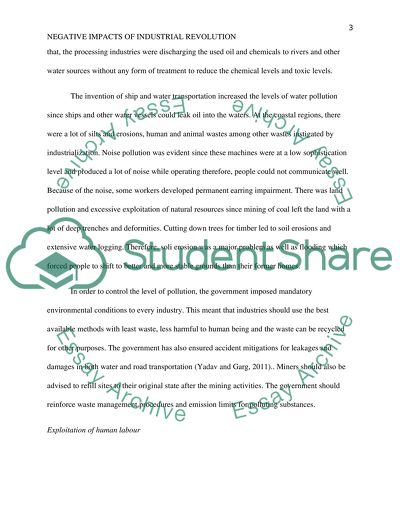Cite this document
(“Gender Differences in Aggression Essay Example | Topics and Well Written Essays - 1000 words”, n.d.)
Gender Differences in Aggression Essay Example | Topics and Well Written Essays - 1000 words. Retrieved from https://studentshare.org/psychology/1460681-gender-differences-in-aggression
Gender Differences in Aggression Essay Example | Topics and Well Written Essays - 1000 words. Retrieved from https://studentshare.org/psychology/1460681-gender-differences-in-aggression
(Gender Differences in Aggression Essay Example | Topics and Well Written Essays - 1000 Words)
Gender Differences in Aggression Essay Example | Topics and Well Written Essays - 1000 Words. https://studentshare.org/psychology/1460681-gender-differences-in-aggression.
Gender Differences in Aggression Essay Example | Topics and Well Written Essays - 1000 Words. https://studentshare.org/psychology/1460681-gender-differences-in-aggression.
“Gender Differences in Aggression Essay Example | Topics and Well Written Essays - 1000 Words”, n.d. https://studentshare.org/psychology/1460681-gender-differences-in-aggression.


